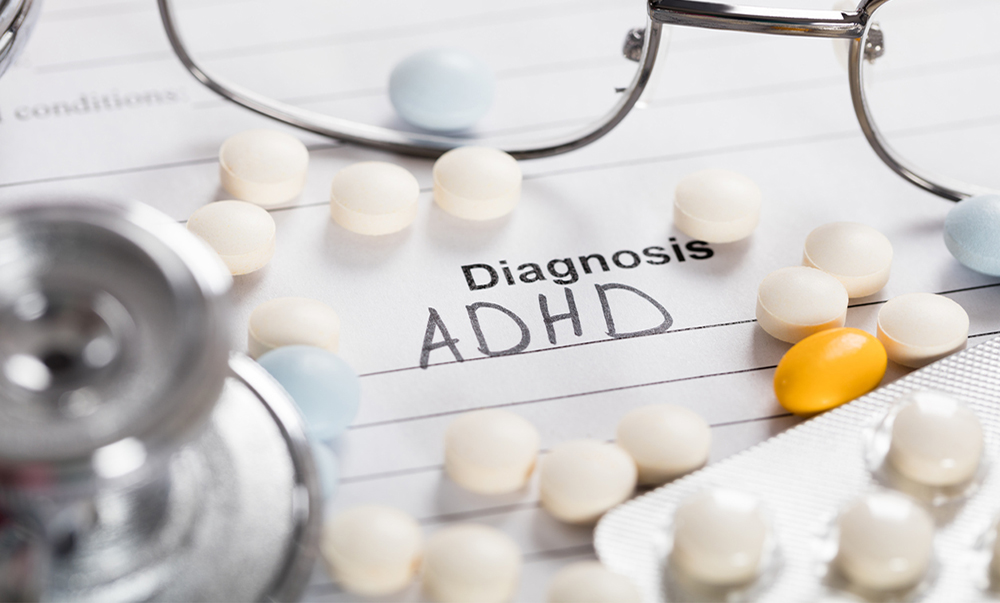The number of U.S. kids accidentally or intentionally overdosing on ADHD medications is on the rise, according to a new study.
The study, published in the journal Pediatrics, looked into the National Poison Data System’s data from 2000 to 2014 regarding pediatric ADHD (attention-deficit hyperactivity disorder) medication exposures.
Researchers found between 2000 and 2011, there was a 71 percent increase in calls to U.S. poison control centers related to the ingestion of prescribed ADHD medications by children 19 and under. The significant increase was followed by a slight decrease of six percent from 2011 to 2014.
“While the number of calls about ADHD medication exposures among children and adolescents fluctuated throughout the years of the study, there was an overall increase of 61 percent during the study period,” said senior study author Dr. Gary Smith, director of the Center for Injury Research and Policy at Nationwide Children’s Hospital in Columbus, Ohio.
Between 2000 and 2014, the center averaged 200 calls a week and 29 calls a day. Specifically, 7,000 calls were made in 2000 and 12,300 calls were made in 2011.
“The increase in calls coincided with an increase in ADHD diagnoses and medication prescriptions during the same time period nationally and regionally,” Smith added.
More than 1 in 10 U.S. kids are diagnosed with ADHD, a chronic condition that causes attention difficulty, hyperactivity and impulsiveness. It can present challenges in school, such as difficulties with focusing or sitting still.
Roughly 75 percent of the calls were regarding kids aged 12 and younger. Medication errors related to dosing or timing were the most common cause of overdoses, accounting for 42 percent of calls, the study found.
While 60 percent of the incidents did not require kids to see a doctor or go to the hospital, six percent of cases required hospital admission and children died in three cases — two from abusing ADHD medications and one in a suspected suicide.
Kids under the age of six typically got into medications that were not stored properly while older children took the wrong amount of their prescribed ADHD medication, reports Reuters.
While kids aged 13 to 19 accounted for a smaller proportion of overdose calls, about half of the exposures were intentional abuse, misuse or suicide attempts.
“As a result, the exposures in this age group were more likely to lead to serious outcomes than those among younger children,” said Smith.
The two medications involved in the majority of the cases were methylphenidate, such as Ritalin or Concerta, and amphetamine, such as Adderall or Dexedrine.
Dr. Yolanda Evans of Seattle Children’s Hospital says parents can help prevent accidental overdoses by storing pills out of reach and supervising daily doses for children who are prescribed the medications.
“Things that can help include weekly pill boxes to show kids that they’ve already taken their dose for the day, parent help in distributing daily doses of medications, or (if possible) having a school nurse give the morning dose of a medication at school,” Evans wrote in an email.













